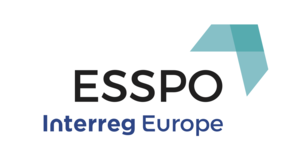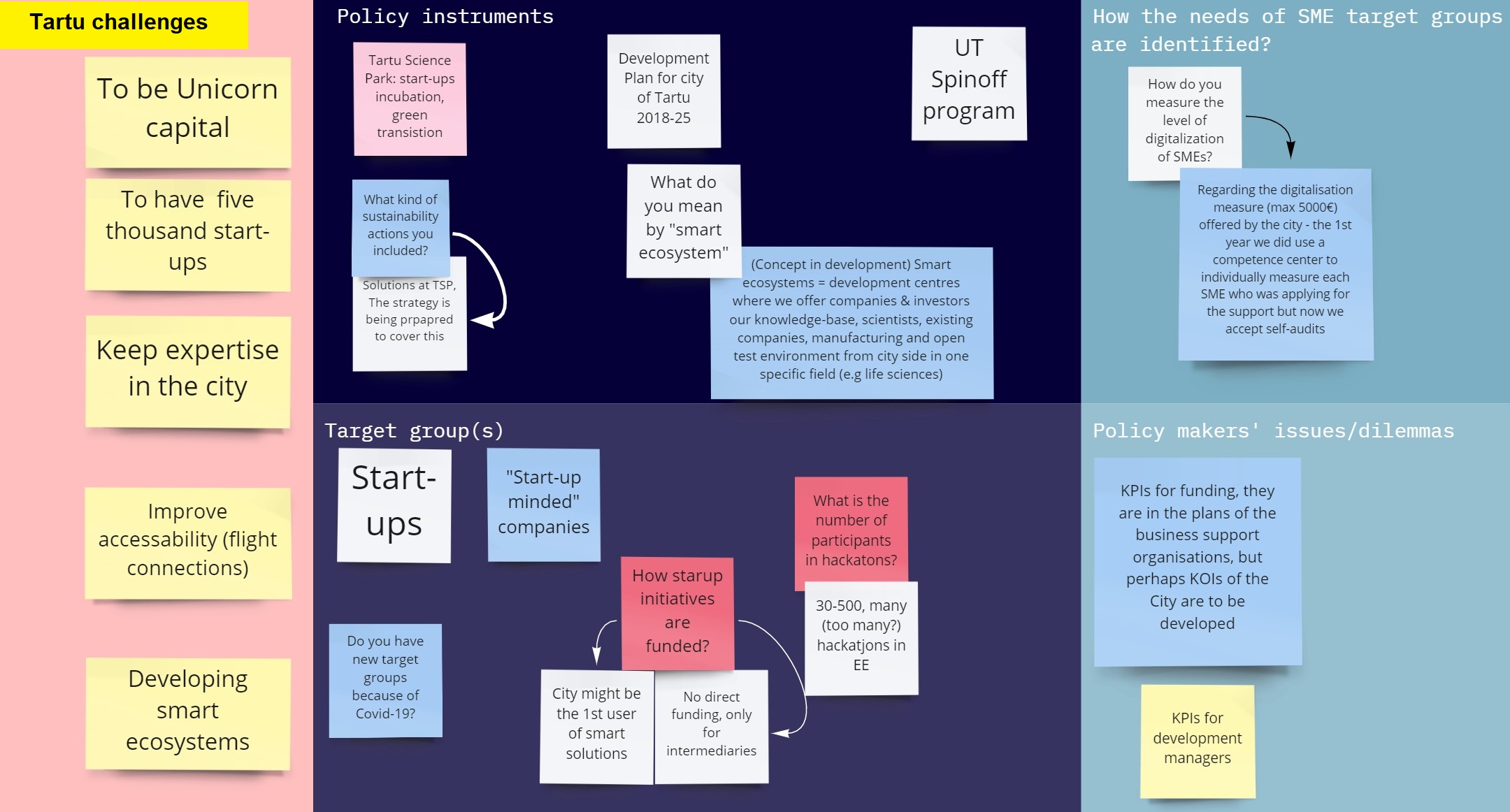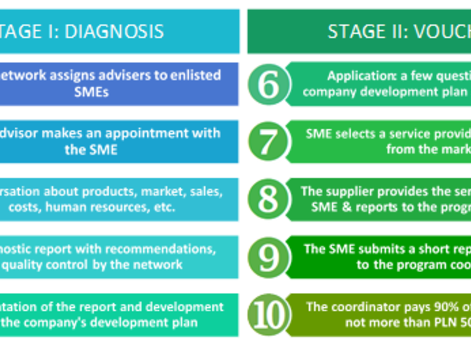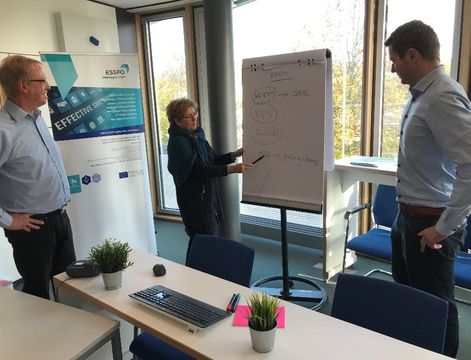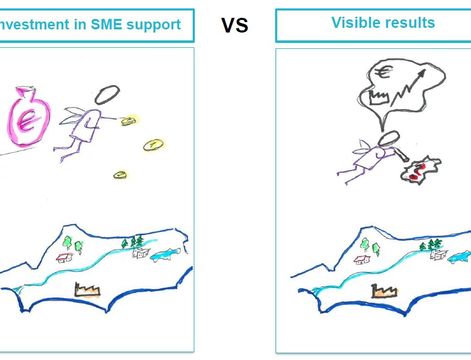ESSPO team continued discussion about effective incubation with regional authorities, innovation support centers and PPNT special guests from InBIA and EBN.
Kirstie Chadwick is familiar with various innovation ecosystems all over the world. “Everyone mentions the Silicon Valley and Boston when asked about leading entrepreneurship and innovation centres. Instead of focusing on the most popular ecosystems, it is a good idea to find one’s own benchmark with similar capacities” – explains CEO of InBIA. During the meeting in Poznań the President of InBIA shared her observations and experience. Our expert in icubation from EBN - Giordano Dichter presented the standards of services offered by business environment institutions. He also mentioned how to design the services in a professional way while respecting market needs and requirements.
Here are some key takeaways from the discussion:
• Serving entrepreneurs should be the top goal for regional collaboration between the various research parks and entrepreneurship programs.
• Networking at all level is fundamental to ensure a proper support service for innovative entrepreneurs is in place. This means regionally that an ecosystem must work around the needs of the entrepreneurs and must have well understood its competitive edge to ensure that resources are not wasted. Parks should create awareness by monthly, organically supported events (monthly meetups, peer-based pitch events, etc) by entrepreneurs, for entrepreneurs.
• The challenges that Poznan is facing are not so different from those of other ecosystems around the globe. These relate to business community development and to the understanding that working together is a must in times of global competition. Institutions and organization could find common grounds on the development of specific entrepreneurship services, such as a common mentor network.
• Assessing the impact of the operations of an innovation center is quite a demanding task, but it needs to be done to prove the efficacy of the programs. However it is fundamental to choose the right key performance indicators and to couple the quantitative analysis with a sound qualitative analysis which will ensure that the success stories are recognized and showcased.
• Successful local entrepreneurs should have key leadership roles in the ecosystem.
• A broad mentor network should be developed with defined criteria for both mentors and company engagement. Mentors should mainly be experienced entrepreneurs, technical experts or corporate industry veterans.
• Incubators should ask companies not growing or not meeting expected criteria to leave – it makes room for new more innovative and creative companies.
• Incubators should create demand/awareness by making it competitive to be accepted into programs, have clear criteria for acceptance and graduation.

